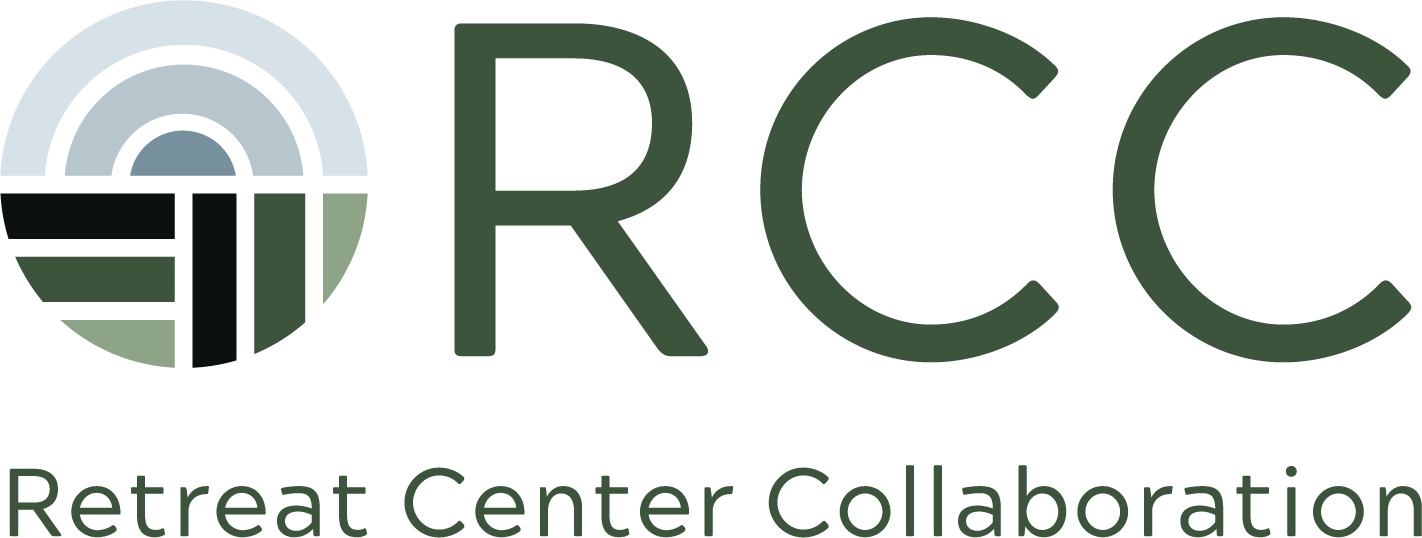Adaptive Leadership
On this week’s Community Call, Shakiyla Smith, Vice President of Organizational Culture at the Fetzer Institute, shared her professional insights on navigating complexity and meeting adaptive challenges in the sacred spaces of retreat centers.
Shakiyla noted that retreat centers are homes for reflective practitioners, and that in the current ‘liquid landscape’ we don’t necessarily need heroic leaders. In fact, heroic leaders may be a thing of the past.
Shakiyla continued by inviting participants on the call to jot down a handful of longstanding challenges they’ve been grappling with at their retreat centers, particularly problems that have remained unsolved. She then encouraged participants to try to categorize these challenges as either Technical Challenges or Adaptive Challenges.
Technical challenges, also known as routine challenges, can be implemented quickly, and we can understand them with our heads and hands. They’re action-oriented, and we often rely on an expert or authority to provide a clear solution.
Adaptive challenges, at the first step, are more complex. We often have trouble identifying what the problem is, and identifying solutions involves the creation of new knowledge. Adaptive challenges can be systemic problems with no answers in sight. These are learning-oriented challenges, and are the work of everyone involved — all stakeholders have a part to play in solving them.
“The single biggest failure of leadership is trying to solve adaptive problems with tech solutions.”
Adaptive leadership requires a different approach than leadership around technical/routine challenges. What new or different skill set, mindset, competencies, or capacities would you need to have or develop to address adaptive challenges? Folks on the call chimed in with their responses:
Systems thinking
Interpersonal
Communication
Empowerment / mentoring
Creating space and time for engaging in long term planning
Curiosity, openness, comfort with ambiguity
The skills we have are good, they’re just not sufficient to handle adaptive challenges sometimes. These require new knowledges and capacities
Adaptive leadership also requires an additional level of learning throughout the process.
Single-loop learning
Most of our change efforts are focused on strategies and techniques (technical)
“Are we doing things right?”
Double-loop learning
Underlying assumptions and frames of reference are also part of change efforts (why we do what we do)
“Are we doing the right thing?”
Reflective questions to consider
What are my current processes and practices that support double-loop learning?
How do I, on a regular basis, get to underlying assumptions that can inform different strategies and techniques?
Review further resources from this Community Call in the RCC Google Drive.



